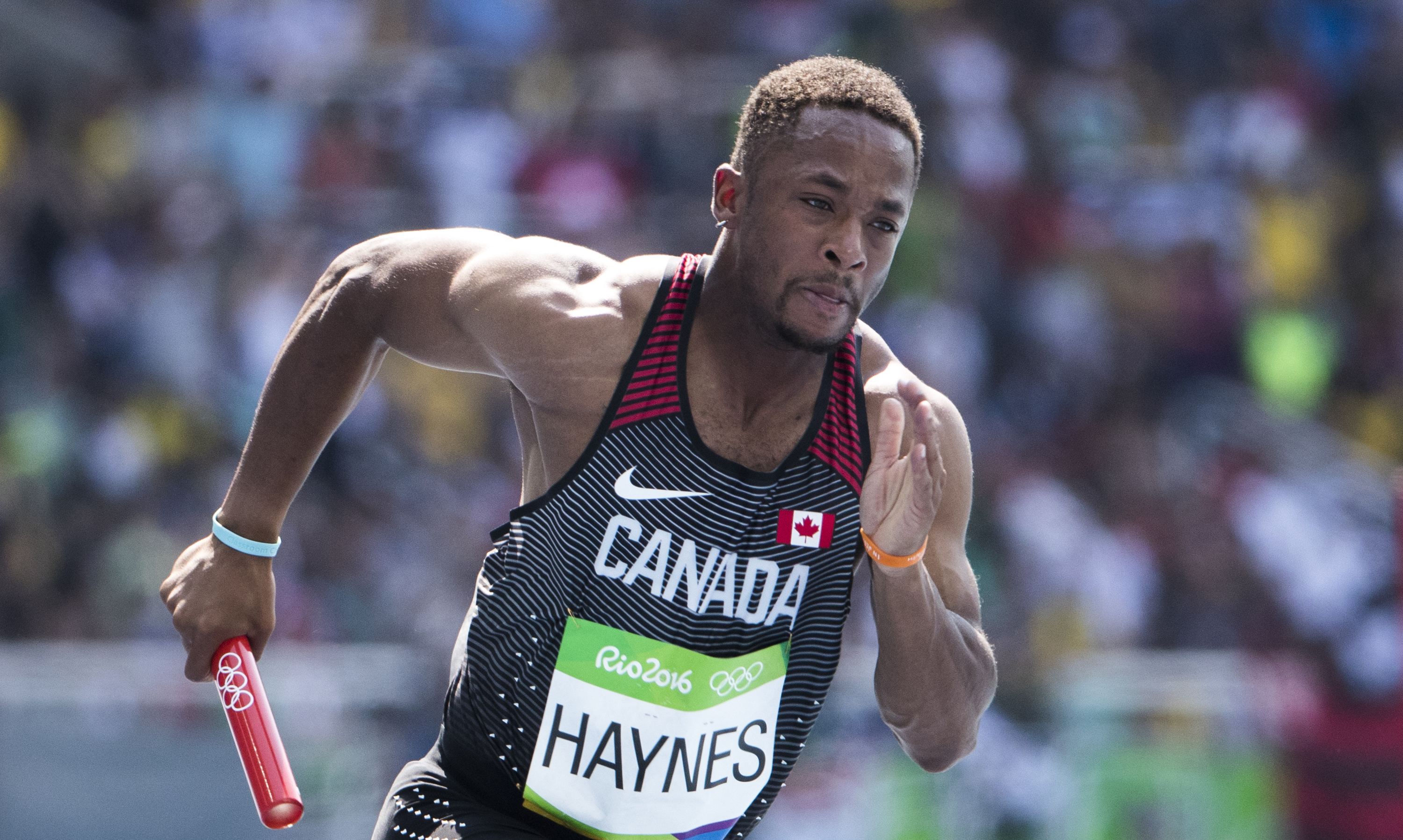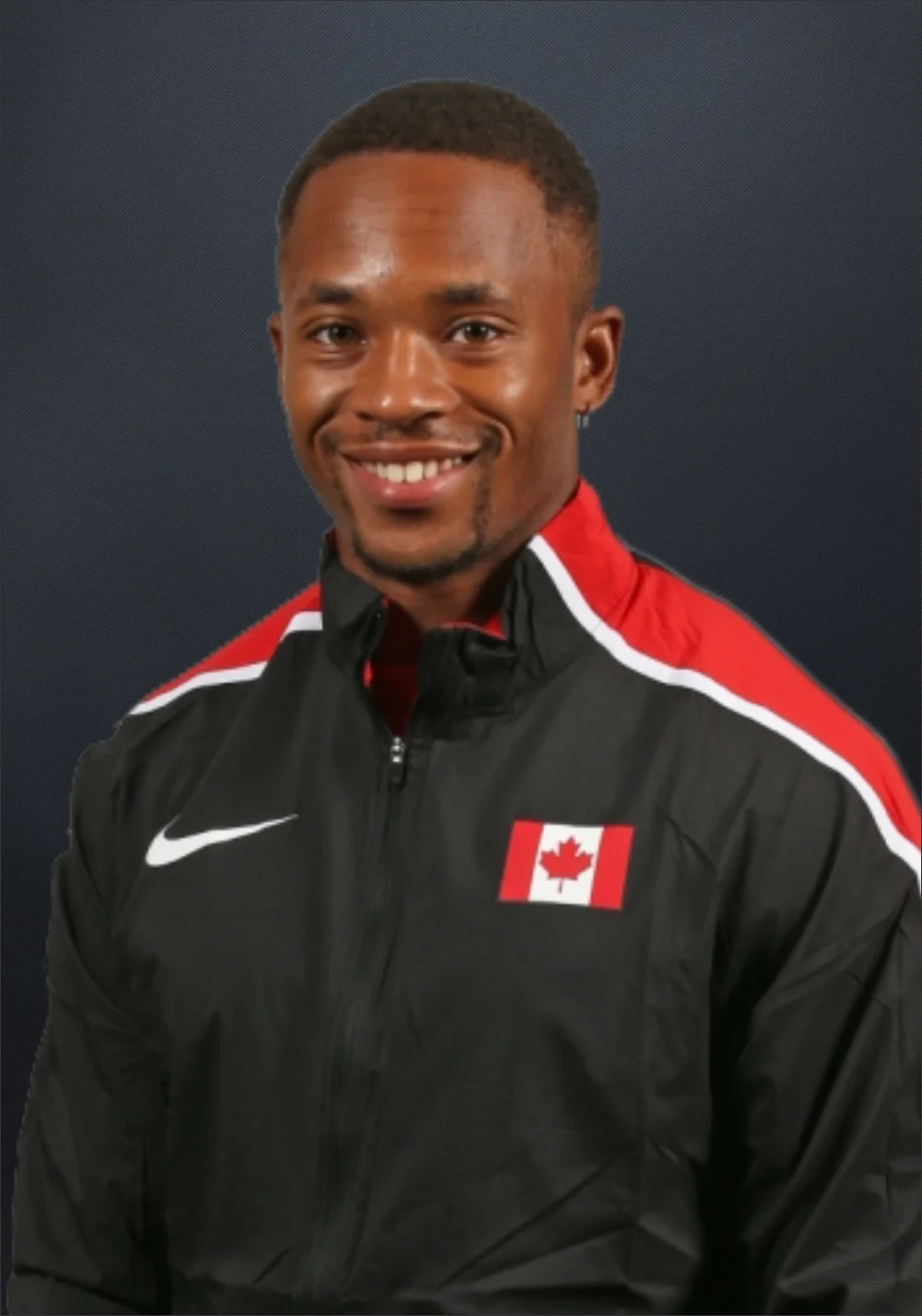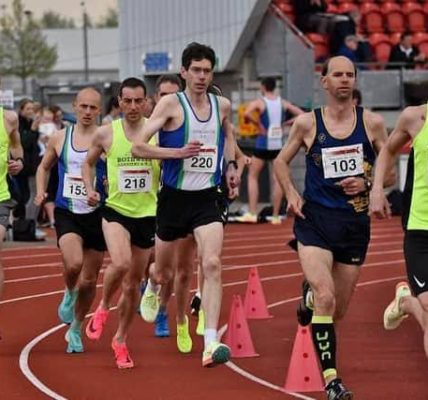Akeem Haynes
Born on March 11, 1992 in Westmoreland, Jamaica, Akeem Haynes moved with his mother to Canada in early childhood and eventually settled in Calgary, Alberta. (olympic.ca)
What followed was anything but a smooth ride to Olympic glory: at the age of 13, Haynes and his mother found themselves homeless during a bitter Canadian winter. (Lethbridge News Now)
But instead of letting adversity derail him, Haynes used it as fuel — and in 2016 he stood on the Olympic podium as part of Canada’s 4 × 100 m relay team that captured bronze at the 2016 Summer Olympics in Rio. (olympic.ca)
Here’s his story: the struggles, the breakthrough, and the significance.
Early life and sudden instability
Akeem’s journey began in Jamaica, but by age 7 he was living in Yellowknife before moving to Calgary at age 10. (Speakers Bureau of Canada)
While the move to Canada offered hope, it also came with major instability. In an interview he recalled:
“When I was 13-years-old, coming home from school one day I noticed bags outside and recognized the clothes in them … it was the middle of winter in Alberta, and me and my mother were now homeless.” (Lethbridge News Now)
They had moved several times in the span of five months and eventually found themselves without a permanent roof.
For a teenage athlete with dreams, this was a huge barrier — but as Haynes himself put it:
“My journey started on Side B, and I had to fight, and work, and fight some more to get to Side A.” (Lethbridge News Now)
The reality of his childhood shaped his perspective: he didn’t grow up with the luxury of changing shoes every season or never worrying about where he’d sleep.
He remembers playing football with one pair of cleats until his coach quietly replaced them. (Lethbridge News Now)
From hardship to the track
Despite the off-track turbulence, Haynes turned to sport — particularly sprinting — as a way out.
He found success in high school and earned a scholarship in the United States, eventually attending Barton Community College, then transferring to the University of Alabama. (Speakers Bureau of Canada)
By 2015 he ran a personal best of 10.15 seconds in the 100 m and positioned himself for the 2016 Olympic relay team. (Wikipedia)
At Rio-2016, the Canadian men’s 4 × 100 m relay team — featuring Haynes as the lead-off runner alongside Andre De Grasse, Aaron Brown and Brendon Rodney — clocked a national-record 37.64 seconds and ended up with bronze after a team ahead of them was disqualified. (olympic.ca)
That medal was more than a sporting achievement — for Haynes, it represented the culmination of years of navigating uncertainty, sacrifice and resilience.
What it meant and what it shows
Haynes’ story resonates on several levels:
-
Resilience in the face of adversity. His experience of homelessness during adolescence didn’t become a reason to give up, but a motivator.
-
He has spoken about how even that difficult period taught him something about himself and gave him “grit”. (Spotify for Creators)
-
Sport as a vehicle for opportunity.
-
While many young people face barriers to sport (costs, access, equipment), Haynes highlights how programs like KidSport matter, because they help kids who don’t have the means “to be a kid” and play sport. (Lethbridge News Now)
-
Acknowledgement of the “side B” narrative. He’s explicitly said he wants to talk about the side-B (the hard parts, the early struggles) so that others who look up to him can understand the full picture — not just the success at the end. (Lethbridge News Now)
-
Beyond the medal. After his Olympic success, Haynes has used his platform to speak about mindset, purpose and helping youth — signaling that the story doesn’t end with the podium. (Speakers Bureau of Canada)






